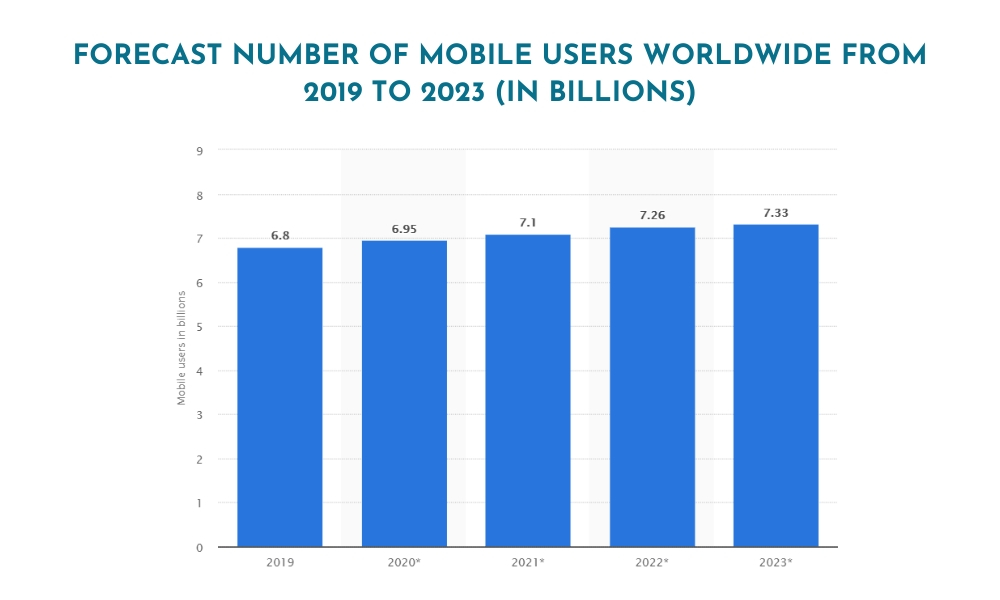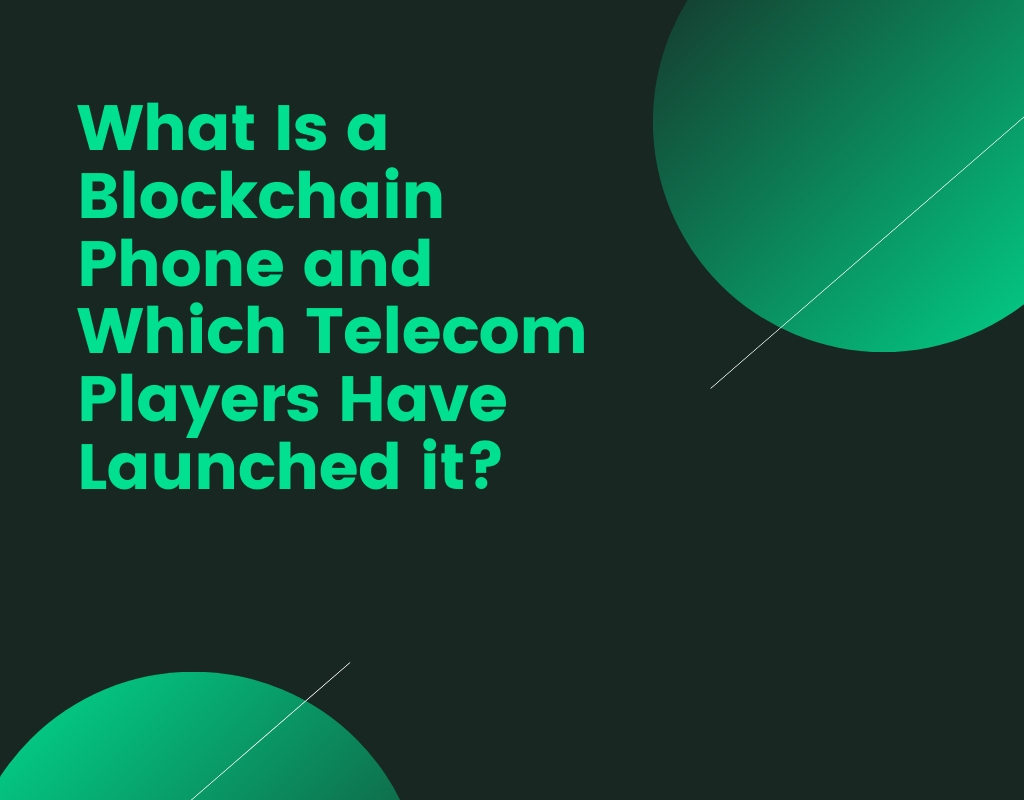The supporting infrastructure in making: Blockchain Phone.
While the crypto market is filled with debates over bitcoin halving, the technology is developing new use cases. Case in point: blockchain phone. A blockchain phone is created to facilitate decentralized applications built on blockchain and also to cater to the non-tech savvy individuals who are keen on taking a piece of the pie of crypto industry.
The Growing Impact of Blockchain and Supporting Infrastructure
It has been almost 10 years, since the beginning of a new era in the financial ecosystem. The best-proven example of blockchain technology, bitcoin, has started a movement in the crypto and blockchain sphere. All major sectors, including healthcare, enterprises, agriculture, real estate are refurbishing their model on the foundation of blockchain.
Today, almost every fortune 500 company is working towards implementing the structure of blockchain in their conventional business models. Enterprises are looking at different ways to leverage technology in order to stay ahead in the game.
With the growth of cryptocurrencies and decentralized applications, we have also seen a surge in the supporting infrastructure surrounding it. In this article, the case in point infrastructure is a blockchain phone.
So, what the hell is a blockchain phone? Why do we need to talk about it? Which leading telecom industry players are exploring it? All your questions answered!
Telecom Industry
From a 10-year-old kid to a 60-year-old grandmother- there is one thing in common. Each of them has a smartphone in their hands. The telecom industry has spread far and wide.
As of right now, in 2019, there are more than 2.70 billion smartphone users in the world today. According to Statista, the number of mobile users is projected to increase by up to 7 billion in 2023.

With the increasing smartphone users in the world today, the encircling support has also gone up. From apps to accessories- the mobile market has pushed a wave in its surrounding ecosystem.
Blockchain and cryptocurrencies have been the talk of the town for quite a while now. Also, blockchain technology brings with it a new range of decentralized applications, that our present smartphone does not support. Furthermore, the rising cryptocurrency needs, are not supported by our present smartphone infrastructure.
The leading telecom industry players have also started recognizing this. Samsung and HTC have already upped the game with the launch of new devices ‘blockchain phone’.
What is a Blockchain Phone

A blockchain phone, different in tech and capabilities, is meant to support and access different the blockchain and crypto sphere. Different from your current Android or iPhone handset, this device is created to support decentralized applications and give an easy access to the non-tech savvy people who want a piece of the crypto industry.
Let’s talk about the different capabilities of blockchain phones one at a time.
Decentralized Applications
The blockchain phone is built for next-gen applications or decentralized applications built on the foundation of blockchain technology. The decentralized applications or dapps are similar to the present apps available on our mobile store but with a key difference. The dapps are built to run on a peer to peer decentralized platform instead of centralized servers of private companies.
The current smartphone models do not have direct access to dapps. Instead, there are special apps available on the store to download dapps. Example- Metamask app lets you access other ethereum decentralized applications. With a blockchain phone, you directly have a medium to support dapps- the future of Web 3.0.
Cryptocurrencies
The blockchain phone is also meant to facilitate the non-tech savvy individuals keen on investing in cryptocurrencies. Moreover, a common fact hampering the mainstream adoption of crypto is that they are difficult to use for non-tech individuals. A blockchain-powered smartphone with better management and security of cryptographic keys can solve this problem.
A built-in hardware wallet can provide additional security to your crypto funds. A hardware wallet is a physical device, that facilitates the storage of your private keys in an offline manner. By facilitating an in-built system, the smartphone provides better access and security to cryptocurrency. More importantly, it can also function alongside dapps, as most of them involve cryptocurrency in-use.
Telecom Players That Have Launched Blockchain Phones
Some telecom industry players have already started offering blockchain phones in the market. Here’s a closer look at the two top models namely HTC Exodus and Samsung Galaxy 10.
HTC Exodus One
The HTC Exodus One works on an Android OS but supports a blockchain hardware wallet to store your cryptocurrency funds. The in-built wallet facilitates transactions and storage of your private keys.
It becomes easy to carry your portable hardware wallet stored inside the phone on the run, instead of carrying a special hardware wallet device.
As such the hardware mobile poses the vulnerability of losing your crypto funds in case if you lost your mobile. However, the makers have come up with a unique concept known as social key recovery to secure your private keys. Basically, the user can hand out small parts of private keys to 5 friends or family members. In case of the loss of phone, the user can retrieve the parts to his private key.
Samsung Galaxy S10
The flagship series of Samsung, Galaxy model, has launched its new model that supports blockchain dapps and the storage of cryptocurrency. At present, the Samsung Galaxy S10 does not support bitcoin transactions. It is compatible with ethereum and other tokens.
In addition, it has also launched decentralized applications- 4 of them during its launch. The dapps are focussed on online gaming and a beauty application.
Final Thoughts
Blockchain technology embedded smartphone can impact the whole mobile phone industry in multiple sectors. It can enhance the security provided in our current Mobile OS. Further, it can also provide safety to its users with their bank passwords and digital data.
Moreover, it can completely change the way we use the internet with Web 3.0 applications. Perhaps it can also influx an entirely new set of applications, developers and users. However, we are yet in the very initial stage of a smartphone with its foundation on the blockchain. The future has a long way to go.

